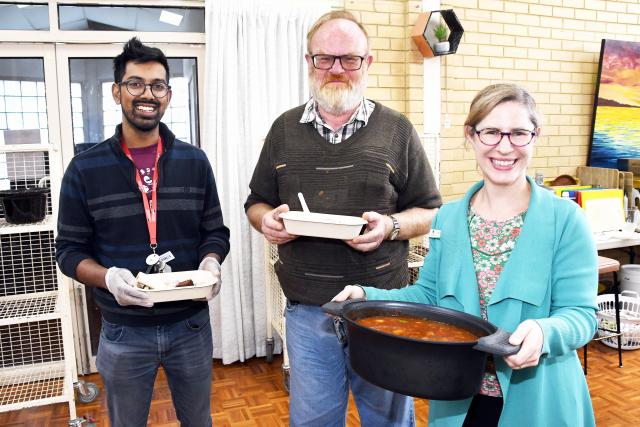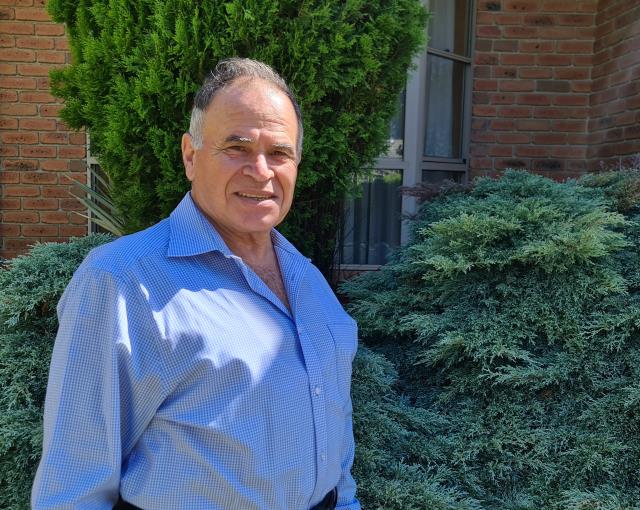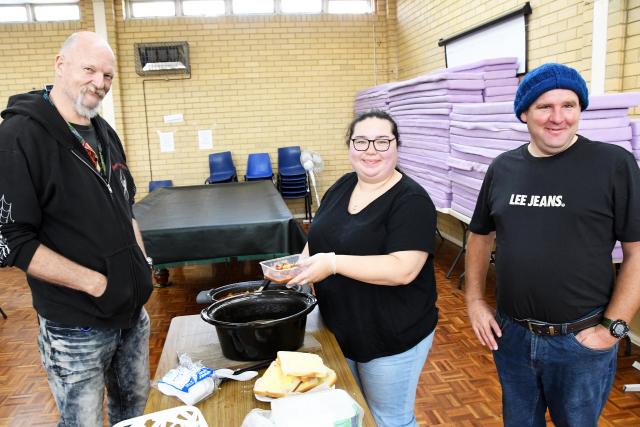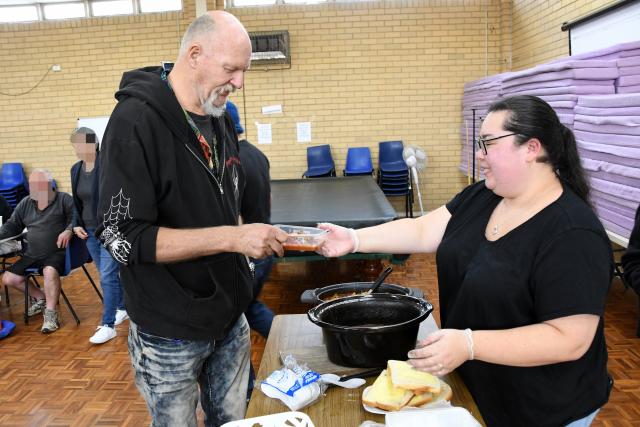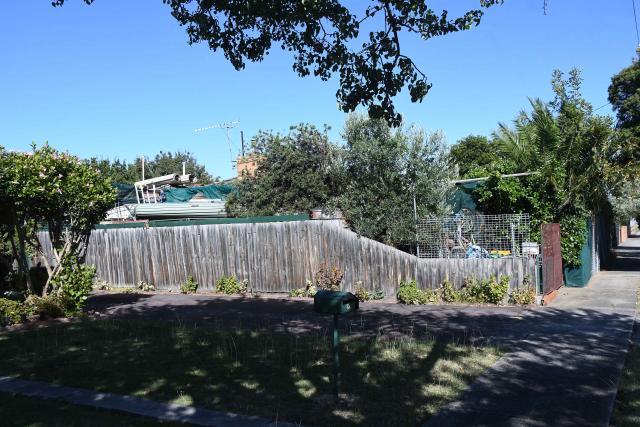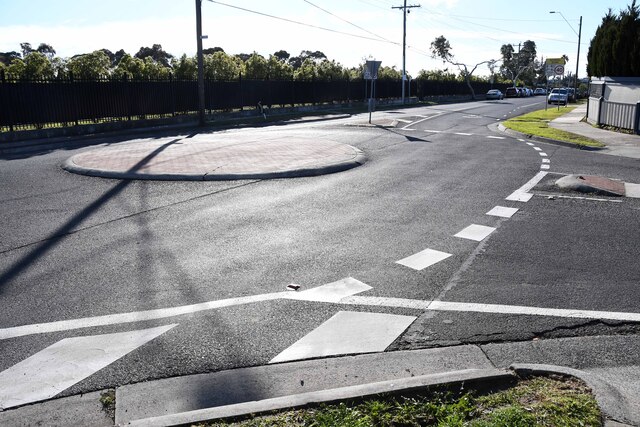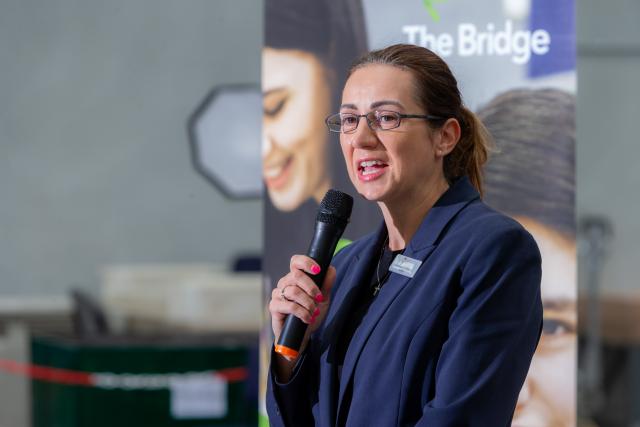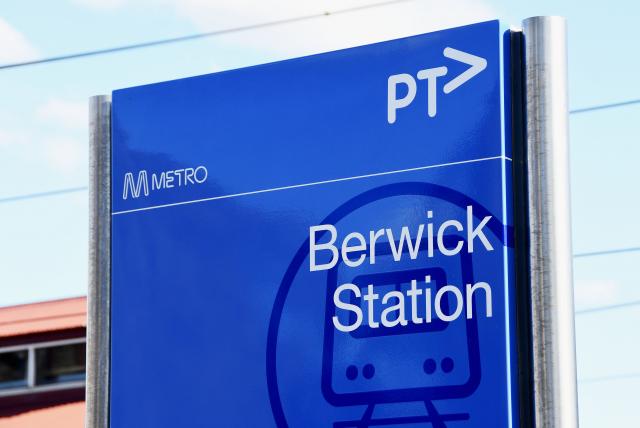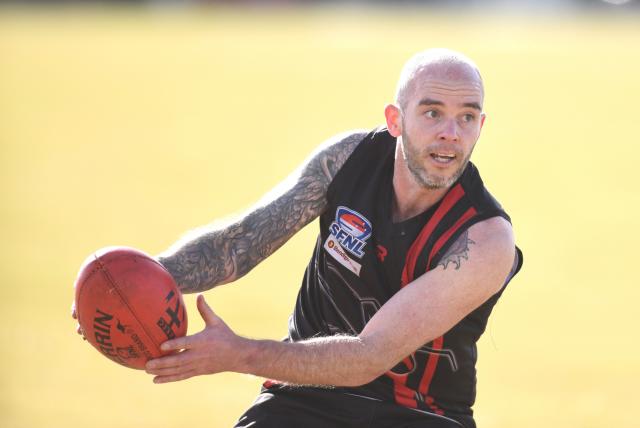A spike in the number of people in need of emergency relief has placed organisations under extreme pressure to meet the needs.
More and more organisations are struggling to keep up with lack of funds and donations as a staggering number of people come through their doors.
As cost of living and multiple other factors continue to soar, residents are forced to seek material aid from organisations such as South East Community Links (SECL), Cornerstone and the Springvale Benevolent Society.
Joe Rechichi, president of Springvale Benevolent Society, says he’s struggling to stretch the society’s limited funds.
With no government funding, the society relies on generous donors to help 70 desperate households a month.
In the past month, 24 new families have sought emergency relief. Some have travelled as far as Bendigo to seek financial or food aid.
“It’s tough. And we’re not at the end of it yet,” Mr Rechichi says.
“It’s going to get tougher, unfortunately.”
His society’s $500 monthly budget for groceries is no longer enough.
A can of soup that cost $1.67 last month now costs $2.90 at the same supermarket, Weetbix up from $3.20 to $4.40.
“I have to increase the grocery spend. Children can’t go hungry.”
According to Naomi Paterson, CEO of Cornerstone, families who’ve never been in the situation of needing assistance are now also in need.
“We have lots of local families coming to us for support and we see the real effects of the cost of living increase.”
As more and more families continue to sink deep, donations and funding have dropped.
“During Covid times there was a lot of funding that was put in emergency relief. Lots of people were able and willing to donate which was wonderful,“ Ms Paterson said.
“That sort of increase in material aid support has dropped off quite significantly but the need has grown.
“For us we find that we can get grants or funding for programs but in terms of funding our day-to-day costs of assisting people who are in crisis, that’s a real struggle.“
Cornerstone provides community meals for the homeless and anyone who struggles to make ends meet.
During Covid lockdowns, Cornerstone provided 4000 parcels a year – up from two to three food parcels a week.
In 2022, demand has risen further to more than 5,000 emergency relief parcels and more than 14,000 hot meals.
Ms Paterson expects the need will continue to grow.
“You need a solution for people who are in crisis immediately. You need to look at why they are in crisis and why do they need that support as well as providing that instant support.
“At the moment we’re struggling with both. Really you need to be working on long term and immediate needs.”
At SECL the number of people in need of emergency relief has doubled and funding has decreased by 10 per cent.
SECL assisted 11,000 community members last year who couldn’t make ends meet and needed support to put food on the table.
However, due to high demands and lack of funding, it’s anticipated that by April more than 1,000 families will be turned away, chief executive Peter McNamara said.
In addition to the struggle of meeting those needs, SECL has also seen a 50 per cent decline in volunteering since the pandemic. This is making it harder more than ever to carry on their operations.
With the influx of refugees after the Taliban’s takeover of Kabul in Afghanistan, SECL’s Afghan clients has tripled over the past two years.
The number of clients identifying as First Nations has also doubled over the past year.
Bakhtar Community Organisation chief executive Bassir Qadiri says the charity was struggling to keep up with rising calls for help.
Many households had lost work and income during Covid combined with the influx of refugees arriving with little from crisis-hit Afghanistan and Ukraine, Mr Qadiri said.
“Previously, we were supporting only four to five families per week, but now the number has surged to over 25 families.”
Greater Dandenong community strengthening acting director Marcus Forster recently told Star Journal that support services were reporting more aid requests as well as a rise in financial distress, homelessness and mental health issues.
“The stress of and shame associated with financial distress often means people wait to seek assistance, by the time they do vulnerabilities have increased, making the chance of a timely recovery often more difficult.
“Most people with lived experience are struggling with the loss of hope, mortgage and rent pressures and lack of food security.”
Food insecurity and homelessness were the two most pressing issues in what is the second-most socio-economically disadvantaged council area in Victoria, he said.
Affordable housing stocks had declined significantly, with vulnerable people paying rent, mortgages and bills often having nothing left for food.
“Average incomes are the second lowest in the state and we have the second highest level of food insecurity.“

